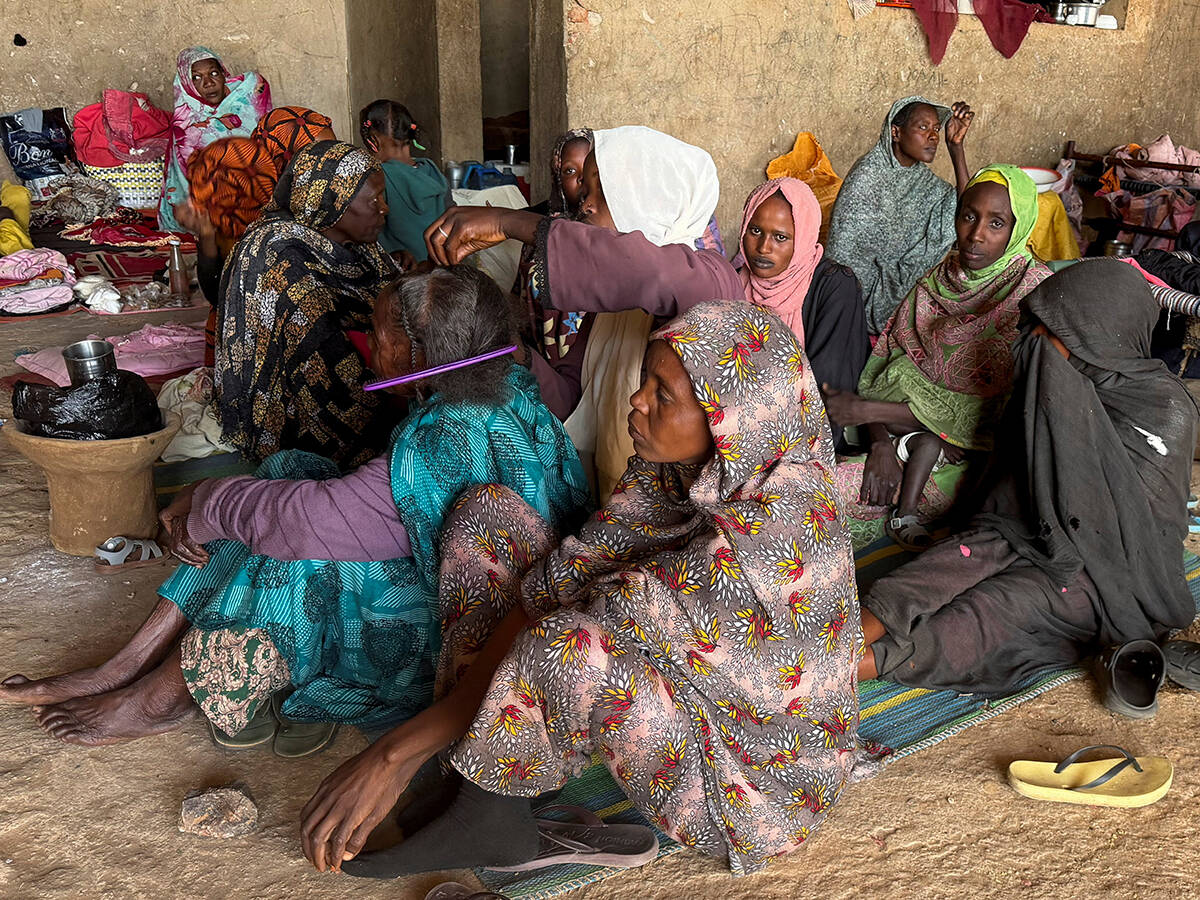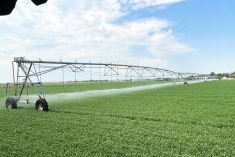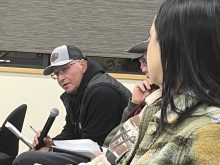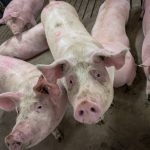CAMERON PALLET
“I felt that after looking at the circumstances, the federal government couldn’t get away with this”
TORONTO LAWYER, LEGAL COUNSEL
More than 200 cattle producers attended a March 31 rally here to hear the latest update on a class-action lawsuit to recover damages from alleged federal mishandling of BSE.
The meeting, organized by Ponoka-area rancher Randy Kaiser, was Alberta’s first major information session on the lawsuit.
This legal action has been working its way through provincial courts since 2005 when the original statements of claim were filed in Alberta, Ontario, Quebec and Manitoba. The claims were filed on behalf of individual cattle producers in those provinces with the intent of seeing them all amalgamated into a single class-action lawsuit. The defendant will be the government of Canada.
Read Also

‘Millions will die’: Foodgrains Bank faces $2.7B federal funding threat
Foodgrains Bank warns $2.7B aid cut triggers a humanitarian crisis, risking global hunger relief and 40 per cent of its funding.
The claim states that Agriculture and Agri-Food Canada was negligent in the manner it dealt with the BSE outbreak and that subsequently had a severe economic impact on the livelihood of cattle producers in Canada.
Cameron Pallet, a Toronto lawyer, is the lead legal counsel in this lawsuit. The case is represented in Alberta by Clint Docken of Calgary. Progress in the case has been slow and Pallet said news has been kept low key on purpose. “We didn’t want to create false hope by promising that it would be an easy and quick case,” he told the rally.
Pallet said that some progress has been made with judges in the provinces accepting the case and agreeing to a process to amalgamate the various provincial actions into one class-action lawsuit. The government lawyers have tried to have the case thrown out of court, but to this point have failed.
After laying out the background to the case Pallet said, “I felt that after looking at the circumstances, the federal government couldn’t get away with this.”
Pallet said it has taken five years to get to this point but may take as much as 10 years if the case were to end up in the Supreme Court. Pallet told the audience. He said that the case has some precedents in its favour, but noted that the government spent years fighting the residential school and hepatitis C lawsuits until finally coming to a settlement.
Pallet encouraged cattle producers to contact their local MPs, MLAs and even the Prime Minister to tell them to settle. “Cattle producers have to create the political will to settle this case just like it was done in the other class-action cases”
Members of the audience asked whether provincial cattle organizations such as Alberta Beef Producers supported the lawsuit. Pallet said that to this point they were not involved in any way but he encouraged producers to contact their cattle organizations.
A spokesperson for the ABP said it was not involved because the lawsuit is considered a private business legal action.














